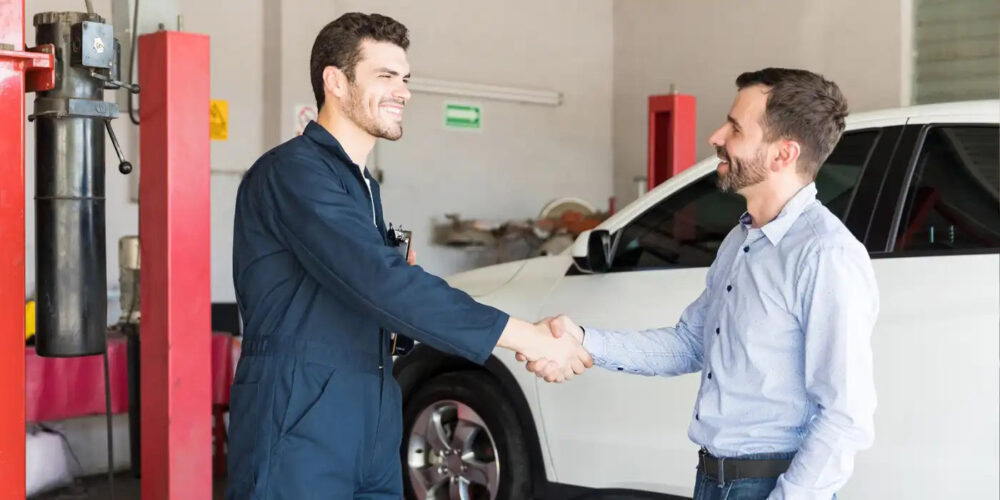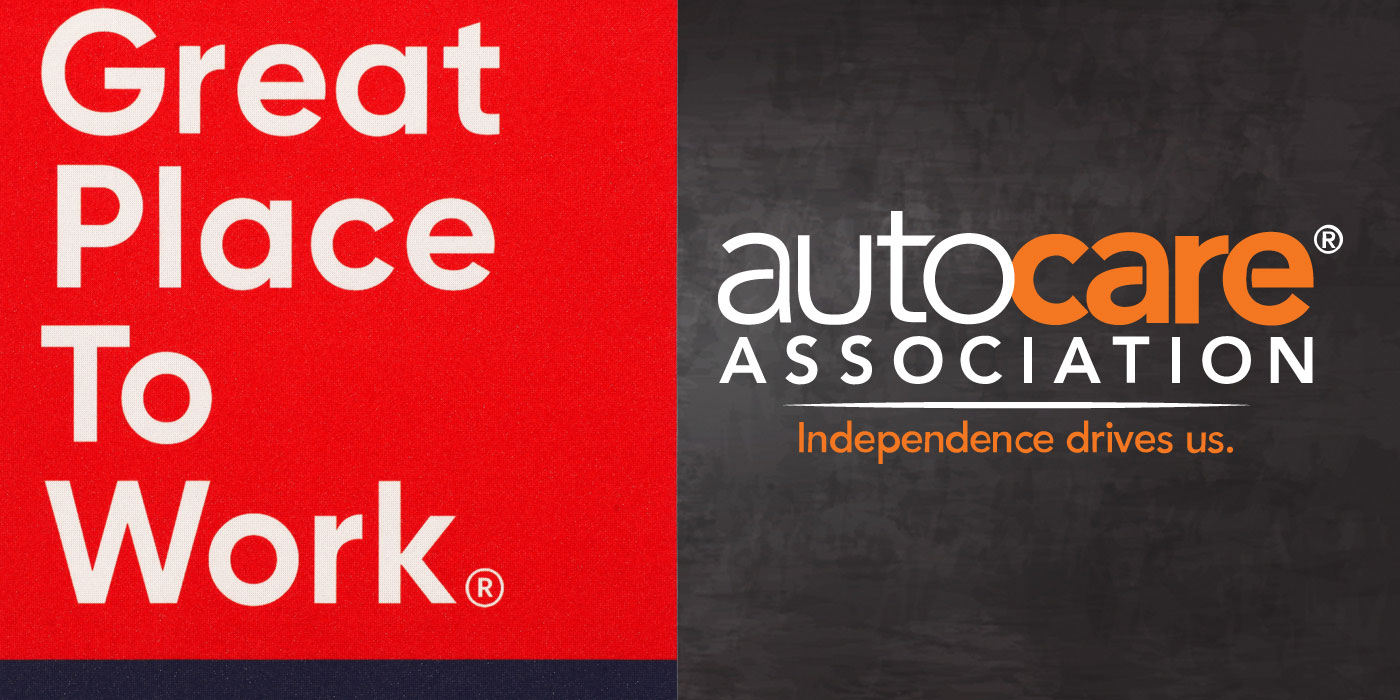Someone once said, "You can’t save your way to prosperity." Few people would disagree with such wisdom, or with the wisdom of investing in your employees. Saved money can help weather a downturn in business, but it can’t do much more than that if it just sits under the mattress. Knowing this, the successful bunch chooses to invest its money.
Investing in specialized employee training, such as sales and revenue-growth training, technical training and general business training, can have profound effects on company profits as well as provide employees with added benefits and job satisfaction. The net effect of employee training may also produce greater results than you may initially expect, as the investment in training allows you to leverage your employees’ talent and skill sets.
The skills that counterpeople have, and how they utilize these skills, can be a great asset in the "value engineering" equation of running a successful parts store. Think about your competitor for a moment. What is your competitor doing? If your competitor is working hard to stay current with technology and techniques, drive sales, create customer loyalty, deliver better service and increase market share, why not return the favor? When you invest in training for your employees, you’re not just providing your counterpeople and customers added benefits and value, you’re helping to ensure your company’s survival.
LET THE TRAINING BEGIN!
You can always start with what you already have. Many parts stores offer or subsidize technical training seminars for their technician customers, yet amazingly few offer any seats to their own counterpeople or try to convince a manufacturer sales rep to let them attend. Not only is this free information being ignored, so is the opportunity for those on the counter to observe their customers and note their questions and opinions during the classes. We’re not talking about spying here, but rather the ability to take note of certain product issues or other relevant information.
If counterpeople attend these technical training seminars, they benefit from learning about new technologies and service techniques, gain a more in-depth understanding of their wholesale customers’ problems and get a chance to mingle with them in a relaxed manner during class breaks, and also spend some time with the trainers and manufacturer sales reps.
By getting your staff more involved with manufacturer training, they will have an edge on the competition through superior product knowledge and upcoming product releases. Counterpeople are experts at their jobs, and by attending technical and product training seminars they can expand this expertise to better serve their wholesale and walk-in customers.
EFFICIENCY TRAINING
One of the fastest growing segments of employee training is that of business operations and logistics. The reason is quite simple: increased efficiency. One common format allows store employees to choose three key metrics they think will help them increase efficiency. They study these metrics and then apply them in their own store. Usually the number of metrics is limited to three as it is easier to focus and analyze on three metrics only, and it prevents newcomers from biting off more than they can chew. First, benchmark your current performance using your chosen metrics. Then define your new goals and create a plan of action. Common metrics include "The Customer’s Perception" of your business. Count the number of customer complaints you’ve received over the past year and assign a "degree" of severity to each complaint. Also tabulate customer survey results. After the current performance and results are measured, determine if there is has been any improvement in "customer perception" throughout the year. The goal of defining metrics helps not only in determining performance level and direction, but also why the performance levels are what they are.
Another common metric is "Speed of Service." How long does it take to acknowledge or greet a customer, or to answer the phone? What is the average service time from initial customer contact to cash-out or product delivery?
"Number of Weekly Product Returns" is also a fairly common business metric. Why were the returns made? How can the number of returns be reduced? What is the cost of carrying returns? By having your employees attend technical training seminars, it allows them to exercise real-world applications of course curriculum and help increase store efficiency and productivity. With the proper guidance provided by the trainer, counterpeople can learn very effective methods of creating and analyzing performance metrics that will help the store become a "lean, mean machine."
GENERATING GROWTH
As counterpeople become more proficient, they may build upon their knowledge by attending business development seminars that help them learn how to generate growth. There are three fairly simple things the counterperson can do to drive sales and generate growth: plan, tailor and attend events.
Planning requires setting marketing goals with management, creating a plan of action, diligently working the plan and measuring results. Attending business development seminars will help counterpeople learn how to develop a plan that includes accurate timelines and scheduling, as well as how to create and work within budgets. They may also learn how to analyze the results of the plan and optimize business strategies to help increase profit margins and raise revenues. The ability to perform all of these tasks is becoming ever more important as we are all forced to do more with less in the current economic climate.
Generating growth requires tailoring business strategies for customer value and priorities. This is where some of the customer information obtained while attending technical training comes in, as well as through other communication with store customers. Each customer has certain requirements, and they may vary significantly from one customer to the next. Counterpeople can learn how to put together product offerings and packages for their individual customers that may result in higher sales and/or profit margins for the store, and reduce (not eliminate!) their customer’s need for inventory tracking. For example, certain products may fall into the "out of sight, out of mind" category, such as hardware, silicone or cleaning fluids. Depending on the type and volume of products purchased by wholesale customers, some of these other "out-of-mind" category products may be offered in conjunction with bulk product purchases. A shop that performs a lot of brake and driveability work with tune-ups may be a large consumer of cleaning fluids, penetrating oil and anti-seize compound. If this is so, it may be worthwhile to include these products with large product orders at a reduced rate. The margins may not necessarily be as high, but the added volume in these instances may make up for it. The customer benefits as they get better pricing on some of these high-use items, and never fail to have them around when needed.
The point is that with a highly trained counterperson, the exploration of opportunities such as these are more easily performed, and fewer opportunities to perform smarter business will go unnoticed. By analyzing the purchasing habits of wholesale customers individually and working together with them to determine what products can be packaged together to save organizations both time and money, a method can be developed that will benefit both the store and the customer.
Generating growth encompasses some grassroots marketing and a little bit of fun by way of attending local auto events and club meets. Helping your staff by investing in business development training will allow them to become more involved in the marketing of the store and the passionate transfer of information and customer support.
Car clubs hold meetings regularly, as do some local businesses. Becoming a regular attendee and contributor to these events would greatly impact customer awareness of your store and help foster customer loyalty.
There is no customer service greater than that of showing your customer that you care about the same things they care about and that you support their efforts. It may even be worthwhile to sponsor one or two of these events each year. By inviting your counterpeople to take part in these events and allowing them to develop and organize business concepts around these events, you offer them the opportunity to build meaningful relationships with more of your customers and create the opportunity to recognize and capitalize on the potential for new business.







